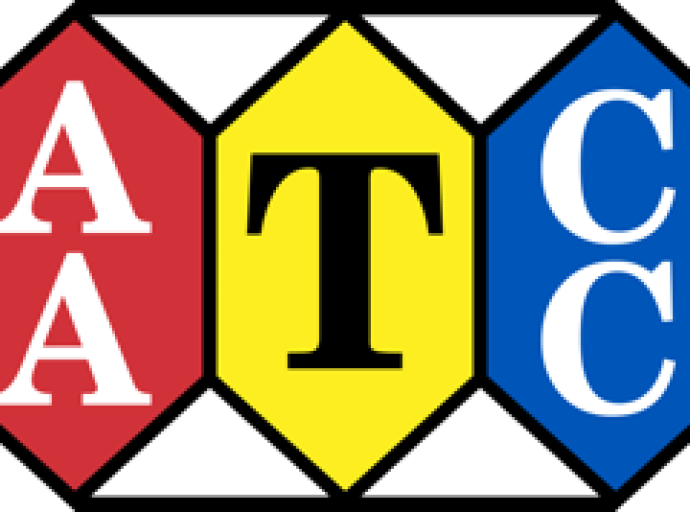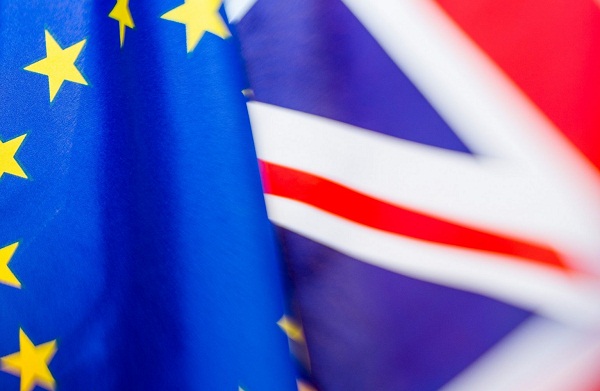17 January 2022, Mumbai:
Readymade garments industry leaders are continuing to place demands despite the government meeting at least 17 demands so far in the past two years since the Covid-19 pandemic hit the country.
With nearly a dozen more demands yet to be resolved, the RMG sector is now seeking devaluation of the currency for a competitive edge in export.
In a letter to the commerce ministry on 13 January, the Bangladesh Garment Manufacturers and Exporters Association (BGMEA) shared the data and analysis of the recent exchange rate movement of some currencies in major apparel exporting countries.
"Depreciation is favourable for exports; especially, it adds to our breathing space in this trying time," BGMEA chief Faruque Hassan observed in the letter.
However, he also pointed out that it is important to determine the extent of currency devaluation that actually helps the industry.

"Our unit price of garment is not increasing while considering the hike in production cost particularly due to the rise in prices of raw materials, freight, fuel and so on. On the other hand, competitor currencies have gained higher than us," he added.
Bangladeshi Taka has been depreciated by 3.84% in the past four years till January 2022, which means the exchange rate per dollar increased from Tk82.42 to Tk86.00 as per the data of Bangladesh Bank.
In the letter, the BGMEA president also mentioned that in the last five years till January 2022, Turkish Lira saw the highest depreciation by 265.74%, followed by Pakistani Rupee with 59.60%.
Among other competitive countries Sri Lankan Rupee, Indian Rupee and Vietnamese Dong depreciated by 31.24%, 16.18% and 0.28% respectively. During this period, the Chinese Yuan remained quite stable with 0.98% appreciation against the dollar cumulatively.
He further said, "While currency is an important factor in foreign trade, the exchange rate of a currency has a wider implication across a broader economy including inflation, balance of payment and FDI. So, while we, the export-oriented industries, gratefully appreciated the role played by regulatory bodies, we also need to consider the global currency trend to safeguard our industries."
Asked on the matter, Hassan told The Business Standard, "Our neighbouring countries have depreciated their currencies quite a lot, but ours is stuck at one place for the past few years. Even after a recent devaluation we get Tk85 per US dollar, however, in the open market it is sold at Tk90-91, which should be supervised."
According to him, this is not only hurting the export, the wage earners are also suffering financially.
"If the devaluation is done at a logical rate, along with the export, the wage-earners, the government's revenue collection will also improve," he added.
Anwar-ul-Alam Chowdhury Parvez, former president of BGMEA, told The Business Standard that although the prices of readymade garments did not go up, there is little profit due to increase in raw material imports and freight cost.
"Many are exporting products with a loss. If the price of dollars is fixed at least Tk90, our competitiveness will increase," he said.
However, in May 2019, almost a year before the pandemic hit, the owners of the textile and readymade garment sector demanded a subsidy of Tk5 per dollar on export earnings.
Finance ministry officials are not in favour of devaluing the currency to keep inflation in check. They say a devaluation of the currency would push up the price of imported goods and create a cost of push inflation. According to the rule of thumb, a 10% devaluation of a currency raises the price level of the product by 2-3%.
Finance Minister AHM Mustafa Kamal told reporters last week that the value of taka against the dollar would not fluctuate much from where it is now.
Former Governor of Bangladesh Bank Salehuddin Ahmed is also against the devaluation of money. He said the garment sector imports only a fraction of what it exports. Therefore, a decision should be taken after reviewing how much the country's economy will benefit from exports if the value of money is reduced.
He said since Bangladesh is dependent on imports, reducing the value of money would increase the cost of importing raw materials of non-export oriented industries.
"The price of food, power, energy - everything will be affected," he pointed out.
However, some entrepreneurs disagree with the demand for currency devaluation. A top entrepreneur in the apparel sector, asking to go unnamed, told The Business Standard that back-to-back LC (letter of credit) loans are repaid in dollars as opposed to Master LCs. As a result, 60 to 70% of the export value is spent on importing raw materials. Devalue benefits will be available for the remaining maximum 30% retention value.
"But buyers take into account the exchange rate when negotiating an order, reducing that amount in most cases. In other words, the benefits of currency devaluation go into the pockets of buyers," the entrepreneur said.
"Foreign buyers will not be able to take advantage of the currency devaluation as there is a lot of pressure on export orders at present," claimed Hassan.
Pending Demands
In March 2020, when the first Covid-19 case was detected in the country, Prime Minister Sheikh Hasina formed an interest-free fund of Tk5,000crore against the demand of the BGMEA to pay three months' salaries of the workers.
The BGMEA members got the two-year term bank loan at 2% service charge with a grace period of six months. The loan was supposed to be paid within the next 18 months in equal instalments.
But BGMEA and BKMEA demanded to increase the fund amount up to Tk10,500 crores only after three months, which the government implemented. They paid four-months salaries of the workers instead of three. At the same time, they proposed to enhance the loan repayment time. The finance ministry then increased the repayment time for six months.
Now BGMEA is demanding an increase in the loan repayment time of that interest free fund for another 18 months.
A high official of the finance ministry told The Business Standard that the garment owners were repaying their loans regularly. But they are showing reluctance to repay after they got the extension on repayment. The factory owners even held a meeting with the finance secretary last week to extend loan repayment time.
"The ministry did not agree to extend time. But, it was extended for six months at the instruction of the prime minister. Besides, the banks are involved with these stimulus packages and there is high growth of exports now," the official added.
Last September, BGMEA president sent a letter to the Senior Secretary of the Finance Division Abdur Rouf Talukder demanding waiver of all types of charges including imposed and non-imposed interest and cost of funds on various loans taken by the garment owners.
He also demanded for rescheduling of the loans for another 10 years with an option of 2% down payment on the balance amount in January 2022, and two-year grace period to repay the pending loans.
Last October, BGMEA demanded to reduce the local value addition to 20% from the conditional 30% to be eligible to get the cash stimulus package.
Pending demands of the BGMEA include Tk100 crore allocation to form digital marketplaces like e-Bay, Amazon, Alibaba. They also demanded Tk200 fund for housing for the workers, transport and education of the workers' children which is also pending.
Other demands, which are yet to be made, include Tk500 crore for supporting the backward linkage industry, 100% subsidy for research and design development and reduction of source tax to 0.25% from 0.50%.
Demands already met
While the use of modern technology is expected to reduce wastage in the garment sector, the limit of wastage rate was almost doubled at the demands of BGMEA and BKMEA.
The maximum wastage permission for garments production in 1998 was 16%, which the commerce ministry increased to 26%. However, the two organisations have applied again to increase it to 35%.
The garment industry is one of the major beneficiaries of the two stimulus packages worth Tk60,000 crore announced by the government for large scale industries and small and medium enterprises to tackle Covid-19 pandemic.
In addition to increasing the size of the Export Development Fund, the Ministry of Finance has reduced the interest rate on loans taken from the fund from 2% to 1.75%. The garment sector is also a major beneficiary of the Tk1,000 crore refinancing fund set up by the Bangladesh Bank under the name of Technology Development or Upgradation Fund.
Container store rent was waived 100% against goods imported at Chittagong port during the pandemic. The garment sector has benefited from an import duty and VAT exemption facility to import raw materials for making safety gowns.
Besides, the RMG industry has got the facility of a Tk5,000 crore refinancing scheme in pre-shipment credit.
THE BUSINESS STANDARD (The news article has not been edited by DFU Publications staff)
Stay Updated.
Subscribe to our newsletter.
Follow us on Linkedin & Youtube.
Latest News: TOP 15 News





_thumbnail.jpeg)
_thumbnail.jpg)

_thumbnail.jpg)

_thumbnail.jpeg)

_thumbnail.jpg)

_thumbnail.png)

1_thumbnail.jpeg)
_thumbnail.jpg)

_thumbnail.jpeg)






















